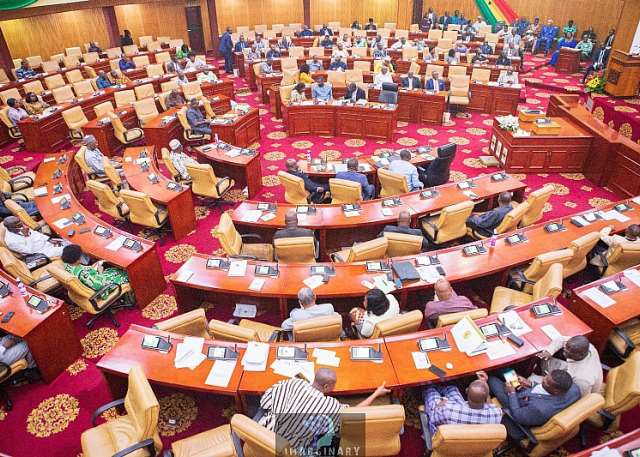Ghana’s public discourse has taken a grim turn as growing frustration echoes across social and digital platforms, with citizens lamenting the state of the nation under what many describe as “total moral and institutional collapse.” Widespread disillusionment is being fueled by perceived government inaction, rising insecurity, and unchecked foreign influence.
Critics argue that the once stable and proud West African nation is now spiraling into a state of chaos, with governance, law enforcement, and traditional leadership accused of betraying the national interest. According to public sentiment expressed across local platforms, Ghana has become “a playing ground where nothing is serious anymore” a space where truth is suppressed, mediocrity praised, and survival has become the standard measure of success.
Surge in Crime and Lawlessness
Rampant cases of missing persons many later discovered dead are being met with apathy, normalizing a dangerous trend that has sparked fear and insecurity. “It’s as if life no longer matters here,” a concerned resident told Amnewsworld.
Immigration-related tensions have also risen, as Ghanaians blame the surge in petty crime and internet fraud on specific foreign groups. Nigerian immigrants are frequently associated with scams, prostitution, and informal trading, while Cameroonians are also allegedly involved in sophisticated fraud schemes. Beninese nationals have been named in the proliferation of fraudulent “money doubling” businesses showcased even on mainstream media.
Collapse of Institutions
Media institutions, once considered the guardians of democracy, are accused of abandoning journalistic principles in favor of cash. “The traditional media has sold out,” a former media practitioner said. “Whether it’s a politician, a self-styled prophet, a fetish priest or a scammer if you can pay, you get airtime.”
The critique extends to Ghana’s security apparatus, which some citizens believe targets vulnerable individuals rather than confronting systemic corruption. “National Security has become a tool used to intimidate the weak while the powerful walk free,” one citizen wrote online.
Traditional Leadership Under Fire
Traditional rulers, often seen as moral beacons in local communities, are facing growing scrutiny. Chiefs and queens are accused of prioritizing personal gain over communal wellbeing, allegedly striking underhanded deals with foreign companies for mining rights that are now blamed for devastating Ghana’s river systems and forests.
“They’re selling the land, the future, and the dignity of their people for peanuts,” lamented a youth activist in the Ashanti Region. “Our rivers are poisoned, our lands are scarred, and our elders are silent.”
A Nation at a Crossroads
Many Ghanaians now fear their country has lost its identity, with some likening it to a “Zootopia” where anyone can be anything except accountable. The perceived lack of visionary leadership, effective regulation, and institutional integrity is contributing to a growing sense of despair.
Political analysts warn that unless urgent reforms are initiated to restore trust in leadership, media, and law enforcement, Ghana risks deeper instability.
As the country prepares for another election cycle, all eyes are on those with the courage to challenge the status quo not just with words, but with action.


